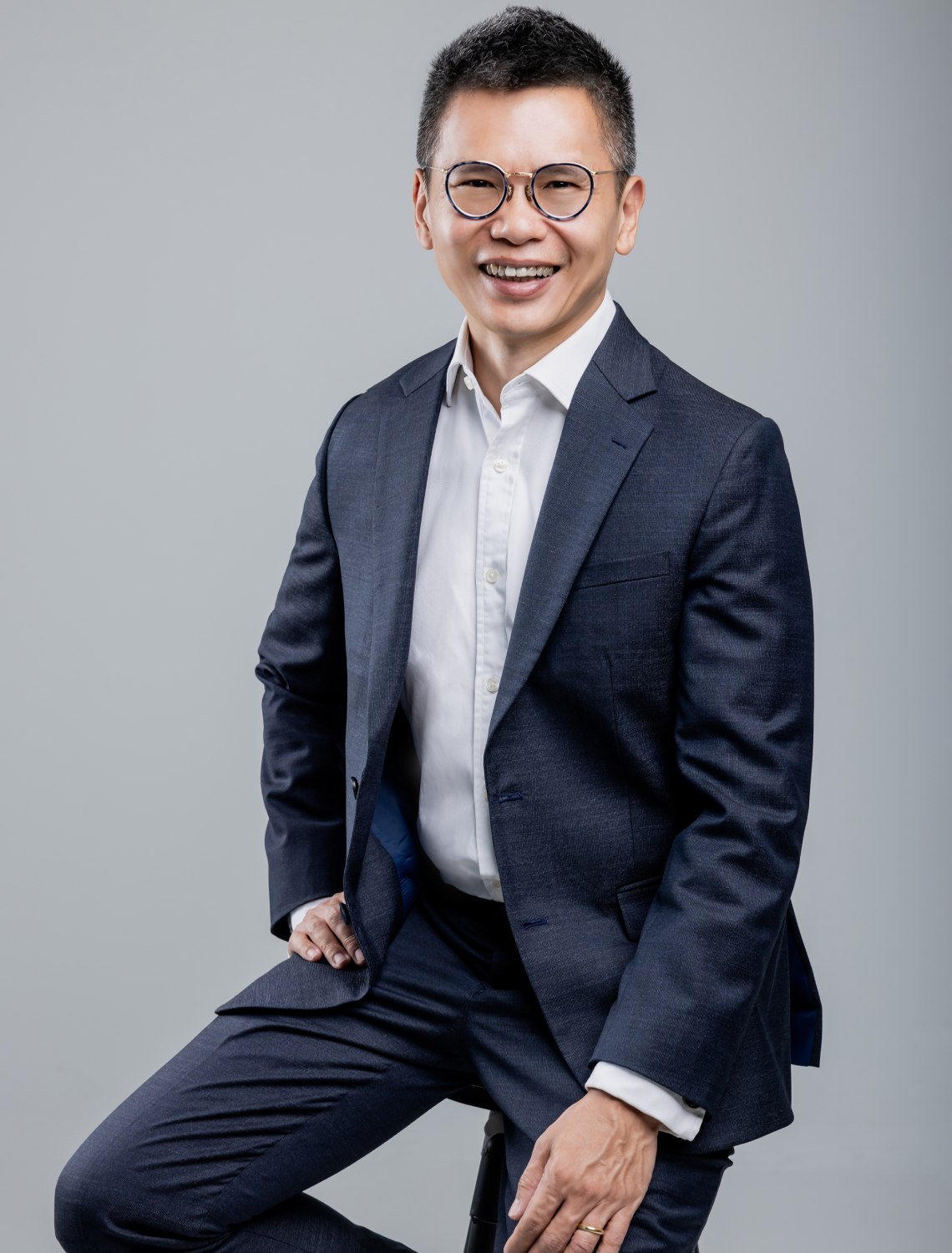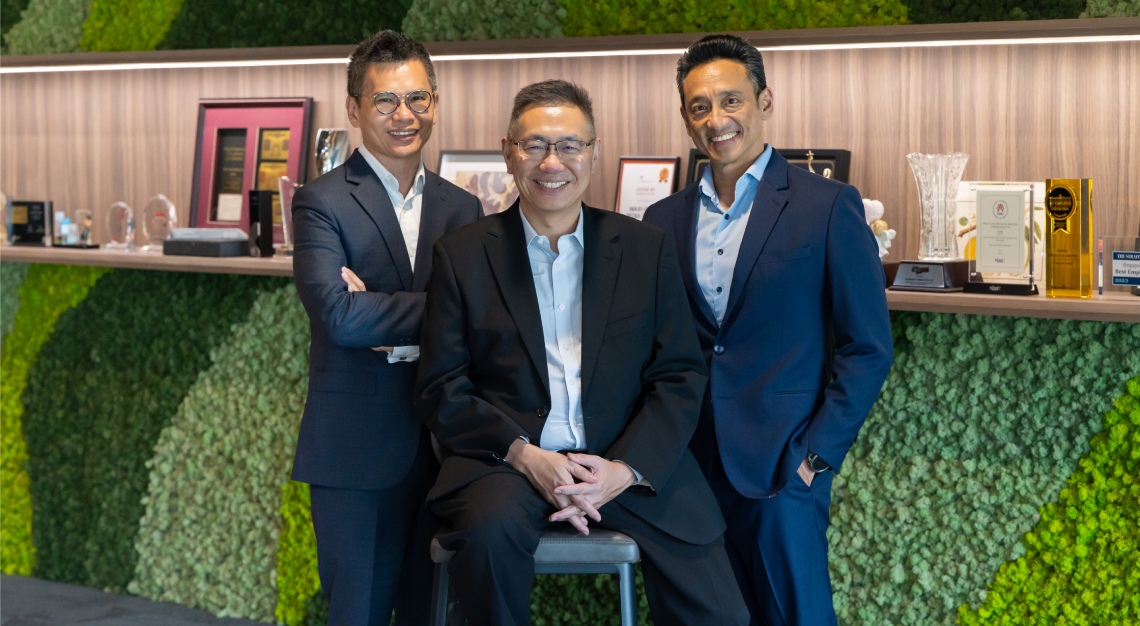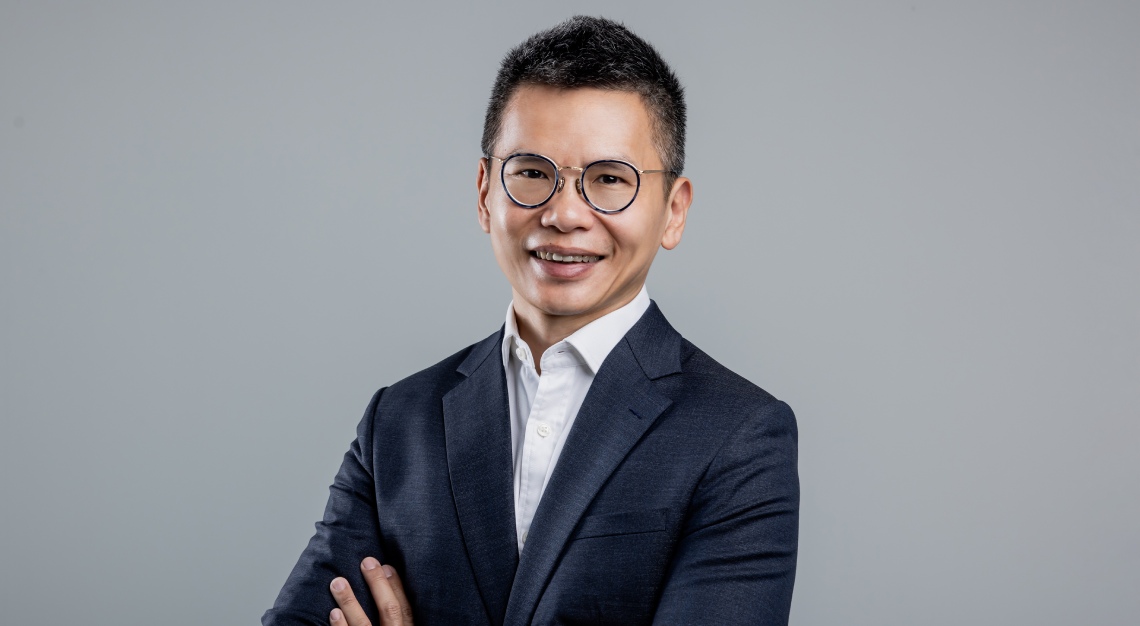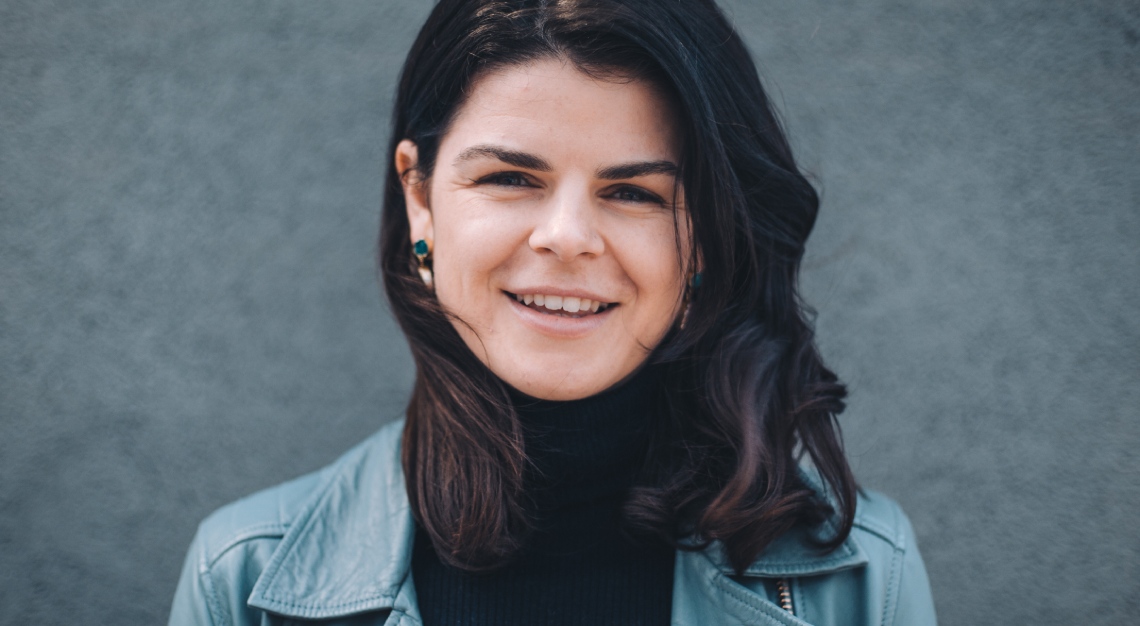Quah Kay Beng, CEO of BigFundr, believes in starting small but thinking big
A self-professed “real estate man”, Quah Kay Beng’s career trajectory has been unwavering from the outset. After graduating with a real estate degree in London, he spent almost a decade in the real estate investment market in the UK and Europe in the early 2000s. After he settled back in Singapore, Quah embarked on his entrepreneurship journey—also in real estate—first with Trinity House Investments in 2013, which specialises in British and Irish property, to establishing fintech platform, BigFundr, in 2021.
“I really enjoy what I do, and there is no greater joy than working in an industry that can really help change people’s lives,” he says.

Through BigFundr, Quah hopes to establish these building blocks of change by “democratising investments for everyone”. The Monetary Authority of Singapore-licensed company targets retail investors with access to real estate debt investment opportunities starting from S$1,000—opening up an investment avenue that was previously only available to institutional or high-net-worth investors.
“I want to be able to offer retail investors an alternative option that is safe and pays a monthly interest,” says Quah.
The investment opportunities on BigFundr’s website offer terms between three and 12 months, with an average of 6 per cent returns—a figure that Quah believes is conservative. “Accredited investors might go ‘I think I can do better than that’, and seek opportunities elsewhere. So at BigFundr, we are really focused on the man on the street.”
Though relatively young, BigFundr has chalked up several notable wins: a nearly five-fold growth from 2022 to 2024, with a customer base nearing 6,000; current Loans Under Management (LUM) totalling S$170 million; and a significant increase in its shareholder Maxi-Cash Capital Management’s (MCCM) stake, rising from 15 to 70 per cent.
“We are looking to get our total LUM to S$500 million in the next three years,” says Quah.

Having prior experience in luxury retail estate, why did you look to retail investors instead for BigFundr?
It’s really based on my and my co-founders’ real life experiences. For example, my mother wants to put her retirement money in the bank, but the interest will not beat inflation. I see BigFundr as an alternative to help people like her get better margins, and by making the investment as safe as possible for a fixed period of time.
How do you convince these retail investors, who perhaps belong to an older demographic?
We don’t confuse our investors with too many options. We present the duration of their investment—six months, nine months, 12 months or longer—and the rate they will get for that. And that’s the message.
What do you consider to be the significant milestones thus far?
Getting our license from MAS to have the platform in place in 2021 was one. We started really small. In our first year, we managed about 4 million in loans. As of September 2024, it was about 170 million. Also having about 6,000 customers now, with 70 per cent of new sign ups as referrals. I think that is a statistic that not many in the market can boast of.
Being a fintech company, tell us about the technological pillars of BigFundr.
I’d take a step back and say that instead of being a technology-driven company, our roots lie in servicing retail investors. We don’t want technology to over-complicate the process for our investors. That said, we do have proprietary back-end technology for our due diligence and deal analysis. Moving forward, as we understand our customers’ needs better, we will develop and incorporate technology into new products to serve these needs, such as investing using currencies.
On a personal note, what are some things that you’ve learnt from being an entrepreneur?
There is no better feeling that doing something you enjoy with your profession. But it can also be a lonely and nerve-wrecking experience. Some stresses you cannot really share with your spouse or staff, and you have to find a way to manage that.






